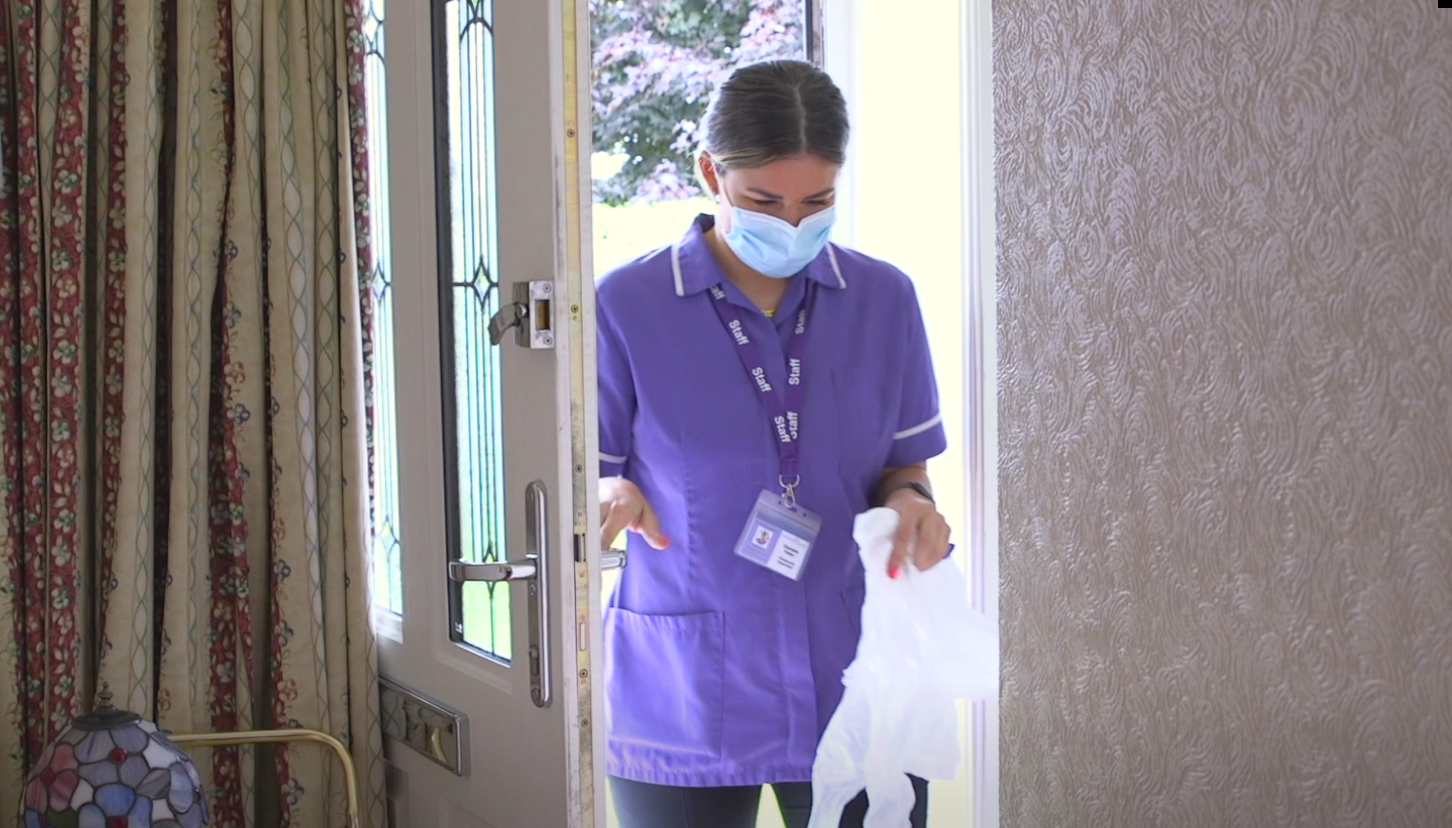In the landscape of healthcare, one service is particularly known for its profound impact on individuals and families facing life-limiting illnesses: palliative care. Understanding palliative care is important as it plays a crucial role in providing comfort, dignity, and support during the end-of-life stage. Yet, there can be a great number of misconceptions about this essential service. Let’s unravel the significance of palliative care, dispel myths, and illuminate its vital role in enhancing end-of-life experiences for all.
Understanding Palliative Care
Palliative care is often misunderstood as a last resort, reserved only for those at the final stages of life. However, it is much more than that. Palliative care is a holistic approach that focuses on relieving pain and other distressing symptoms while addressing the emotional, mental and practical needs of patients and their families. It aims to improve the quality of life for individuals facing serious illnesses, regardless of prognosis.
Personalized Care Plans
No two recoveries are alike, which is why we prioritize personalization in our care approach. Upon consultation, our team collaborates with clients and their healthcare professionals to develop bespoke care plans tailored to individual needs. Whether it’s assistance with medication management, wound care, or mobility support, our caregivers are equipped to provide the precise level of assistance required.
Dispelling Misconceptions
One common misconception about palliative care is that it means giving up hope. In reality, palliative care is about optimizing the time individuals have left and helping them to live as fully and comfortably as possible.
Another misconception is that palliative care is only provided in hospice settings. While hospices offer specialized palliative care, it can also be provided in hospitals, care homes, and even in the comfort of one’s own home. Palliative care can be adapted to the individual ensuring that even during this time, choice is still maintained.
The Role of Palliative Care
At its core, palliative care is about honouring the dignity and autonomy of each individual, respecting their values, beliefs, and wishes. It provides a compassionate and supportive environment where patients can find relief from physical symptoms as well as emotional and spiritual distress. Palliative care teams can be comprised of expert from a multitude of professions, from doctors, nurses, social workers, chaplains, and other specialists. Together these specialists collaborate their knowledge to create personalized care plans tailored to the unique needs of each patient and their family.

Enhancing End-of-Life Experiences
Palliative care is an example of compassion and humanity in the face of life’s greatest challenge. It offers a comforting embrace to individuals and their families navigating the complexities of serious illness, providing them with the support they need to live well until the end.
By addressing physical symptoms, alleviating emotional distress, and facilitating meaningful conversations about goals of care and end-of-life wishes, palliative care enhances end-of-life experiences and fosters a sense of peace and acceptance for everyone involved.
Embracing Compassion in End-of-Life Care
In the vast landscape of healthcare, palliative care shines as a testament to the power of compassion, empathy, and human connection. It is a cornerstone of end-of-life support, offering comfort, dignity, and support to individuals and families facing life-limiting illnesses. By dispelling misconceptions and highlighting its vital role, we can ensure that palliative care continues to be recognized and valued as an essential component of compassionate care for all.
If you would like to find out more about our homecare services, then please don’t hesitate to get in touch with our team at Lifestyle Homecare today.

